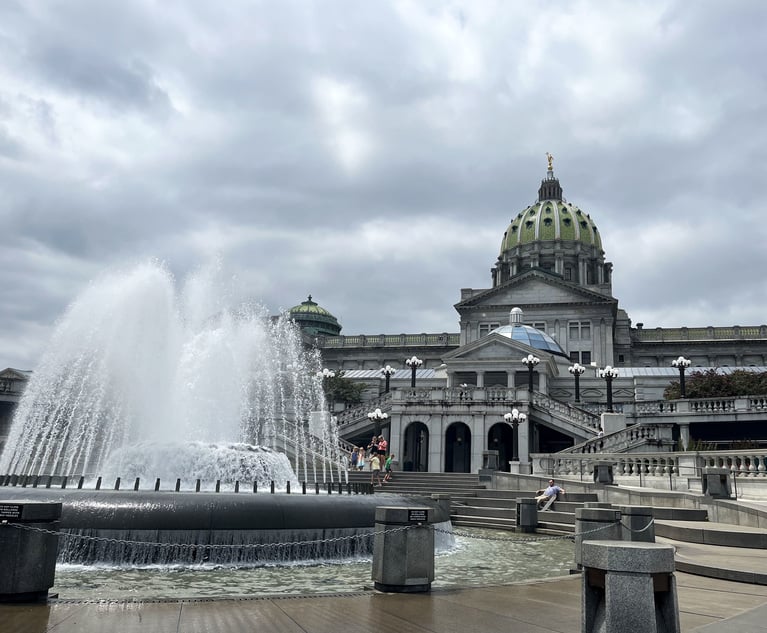On Aug. 21, the Justice Department issued a memorandum—using supplemental environmental projects (SEPs) in settlements with state and local governments—which curtails the use of supplemental environmental projects (SEPs) in consent decrees and settlement agreements with state and local governments. The new policy will directly impact settlements with municipalities in Pennsylvania, while also reducing the flexibility of settling parties in multiparty cleanups in which a municipal entity is a responsible party.
What Are Supplemental Environmental Projects?
Supplemental environmental projects, or SEPs, permit a defendant to undertake an environmentally beneficial project in lieu of paying penalties, or in exchange for reduced penalties. The projects may be incorporated as part of a consent decree or settlement agreement with any defendant, not only with state and local parties subject to the Aug. 21, memorandum. The projects go beyond what is required by existing environmental laws, with the goal of achieving environmental and public benefits that otherwise would not be possible. SEPs must still relate to the underlying violation: they must be designed to reduce similar violations, reduce impacts to public health and the environment which the violation contributes to, or reduce the overall risk from such impacts.


 Caleb Holmes, Greenberg Traurig
Caleb Holmes, Greenberg Traurig




